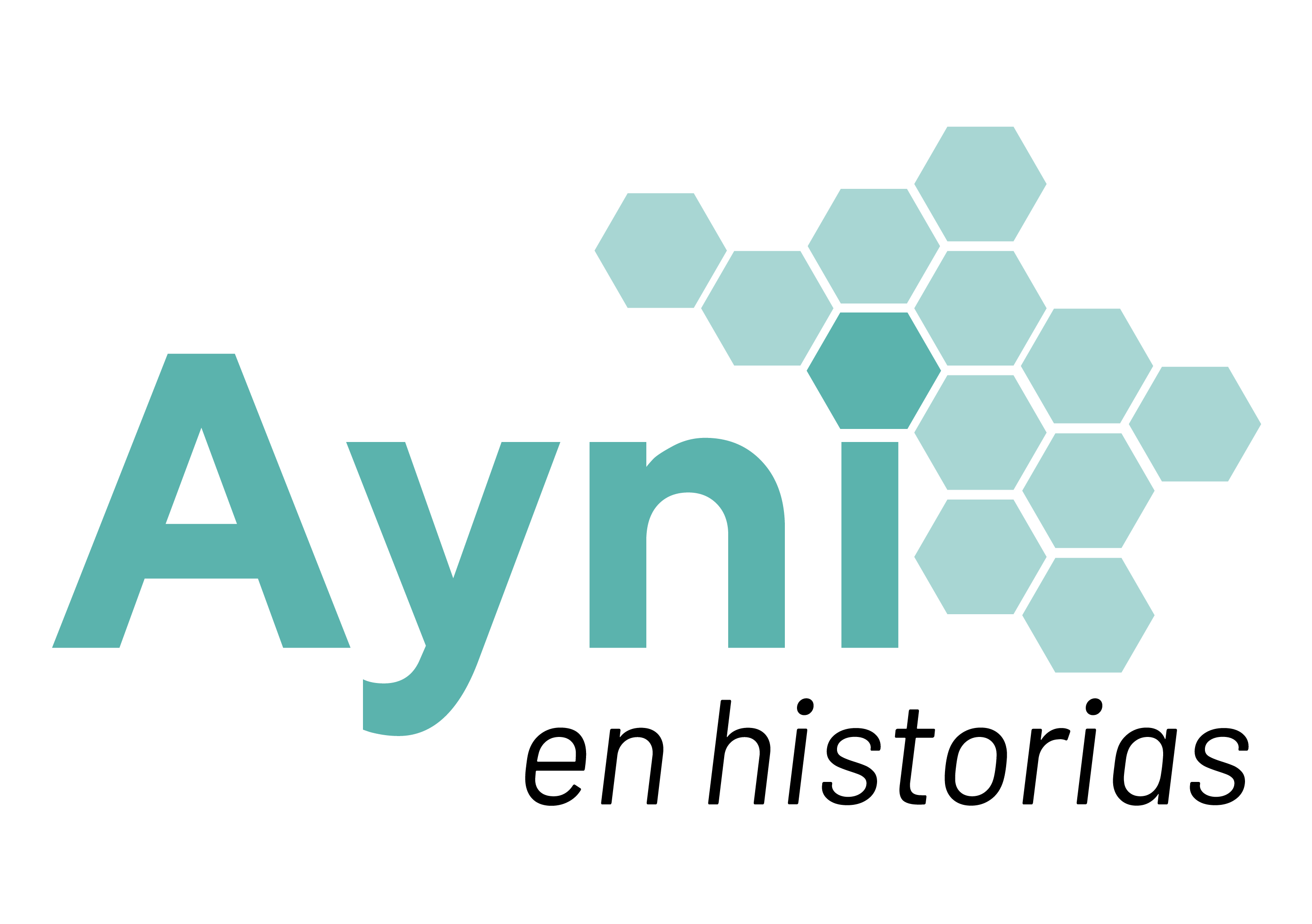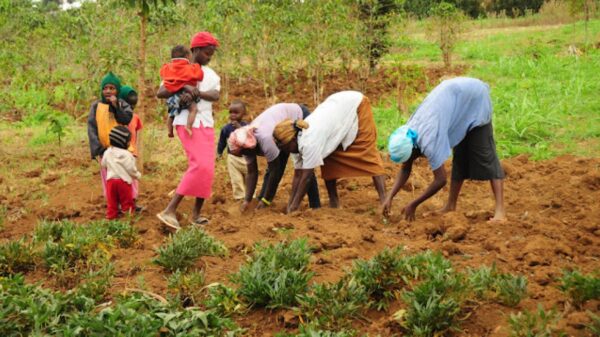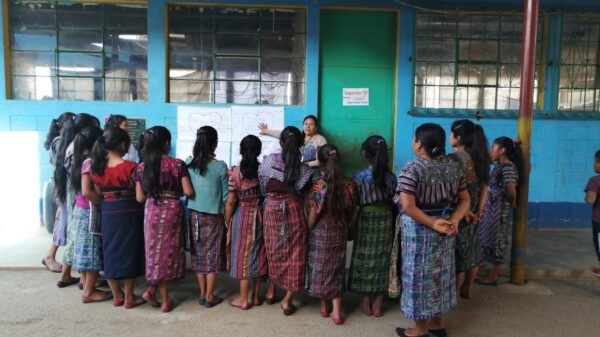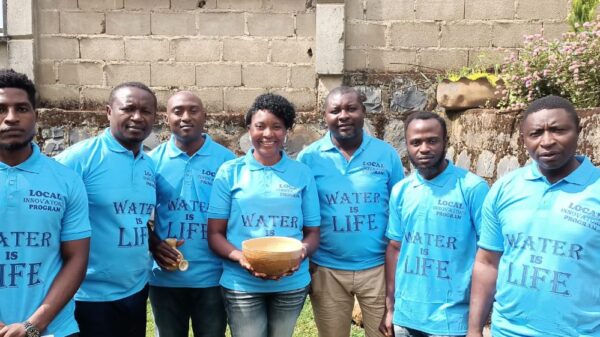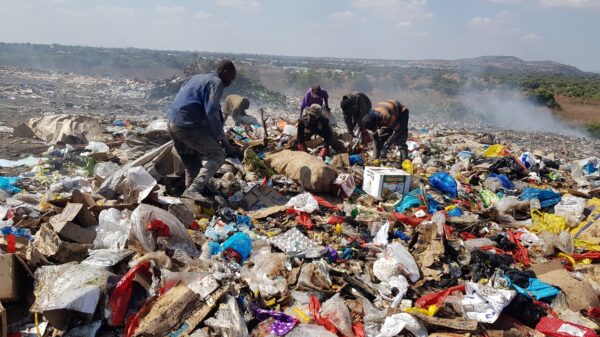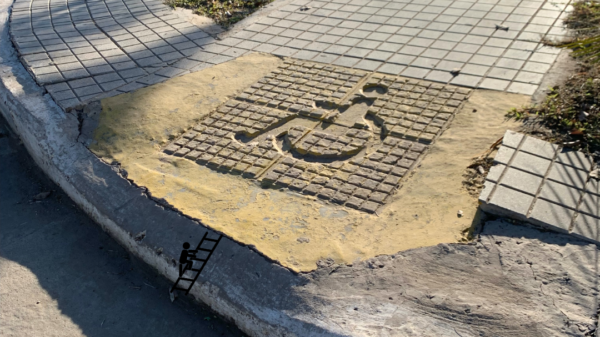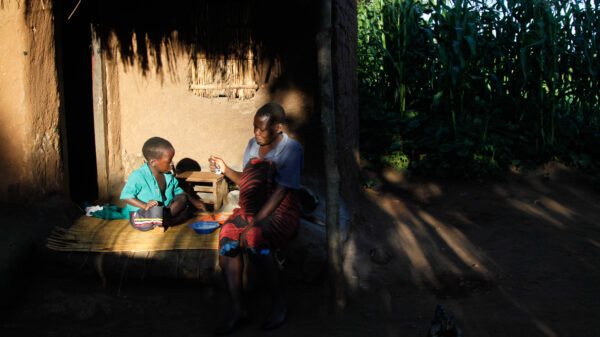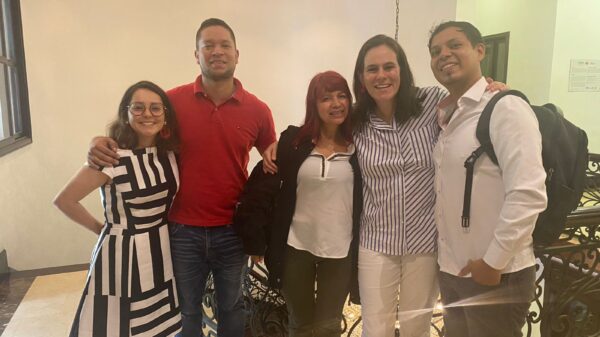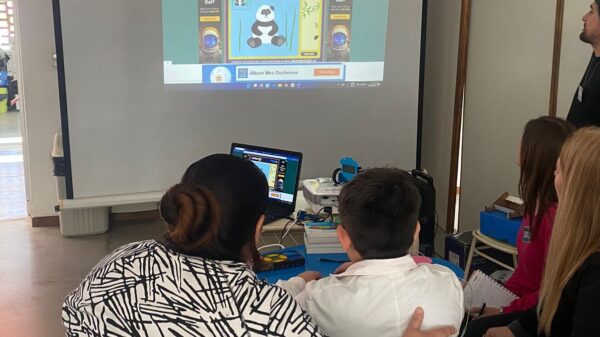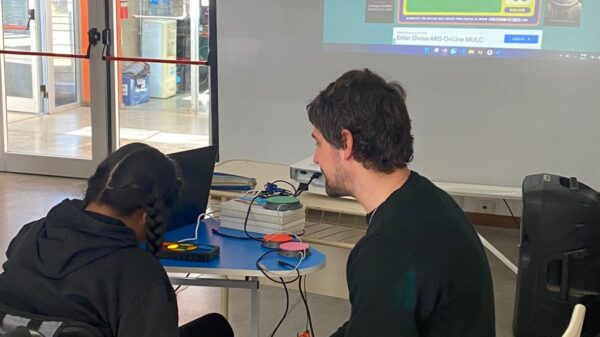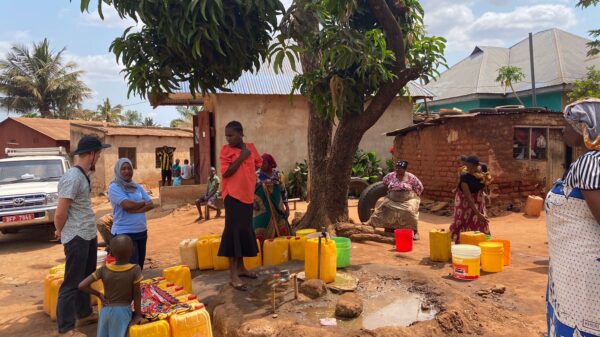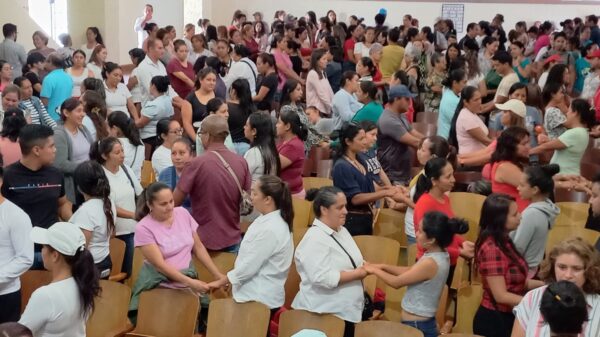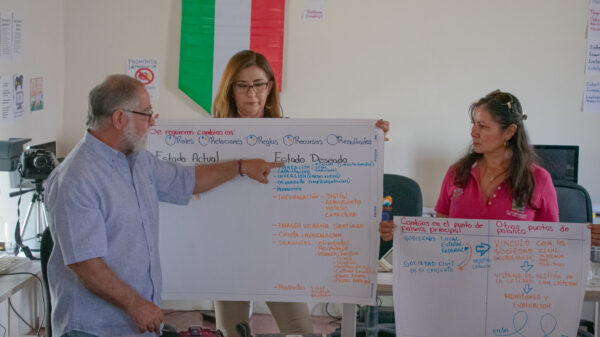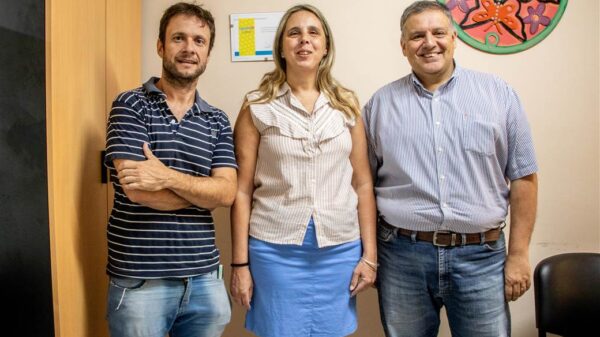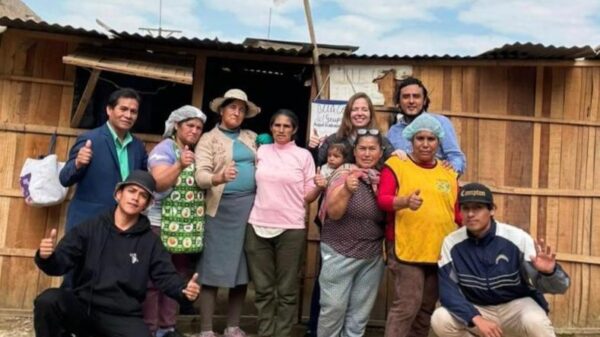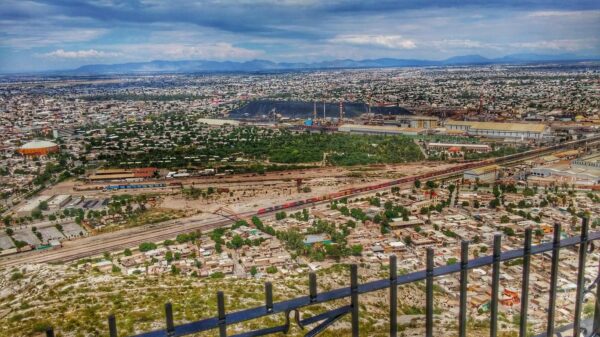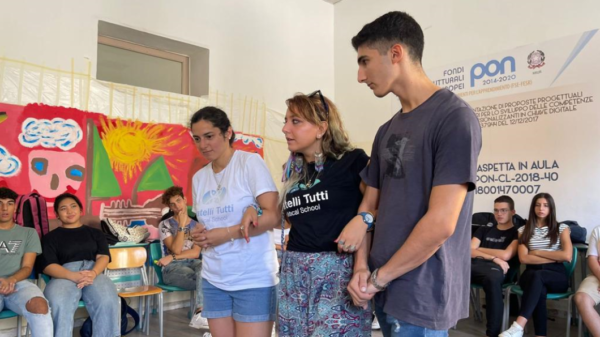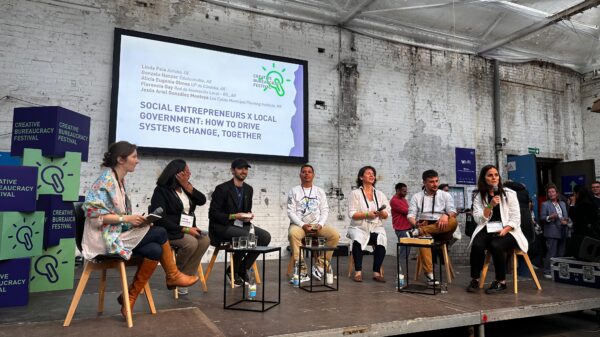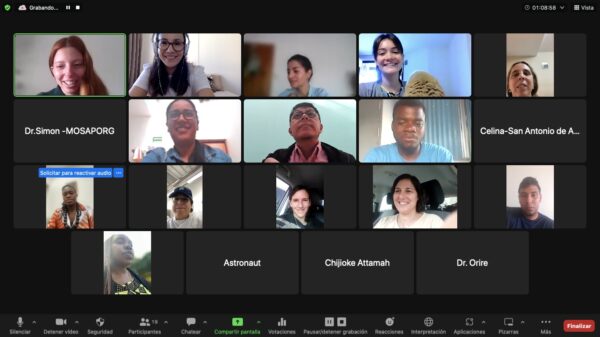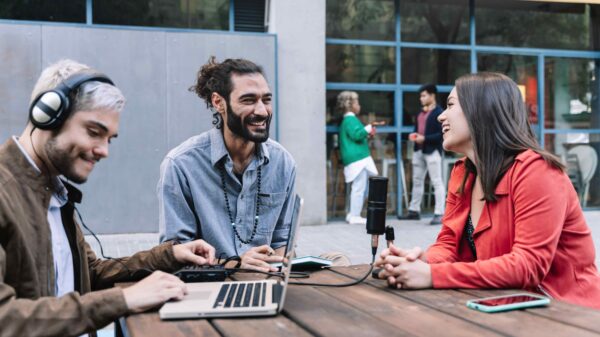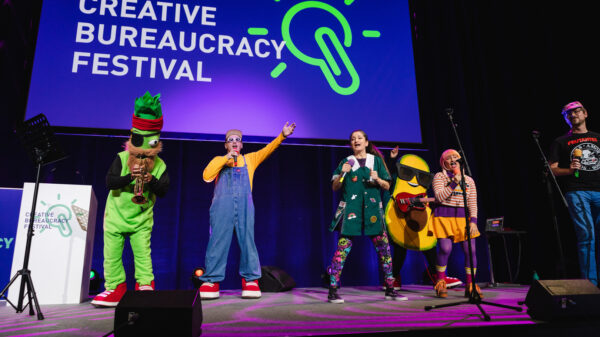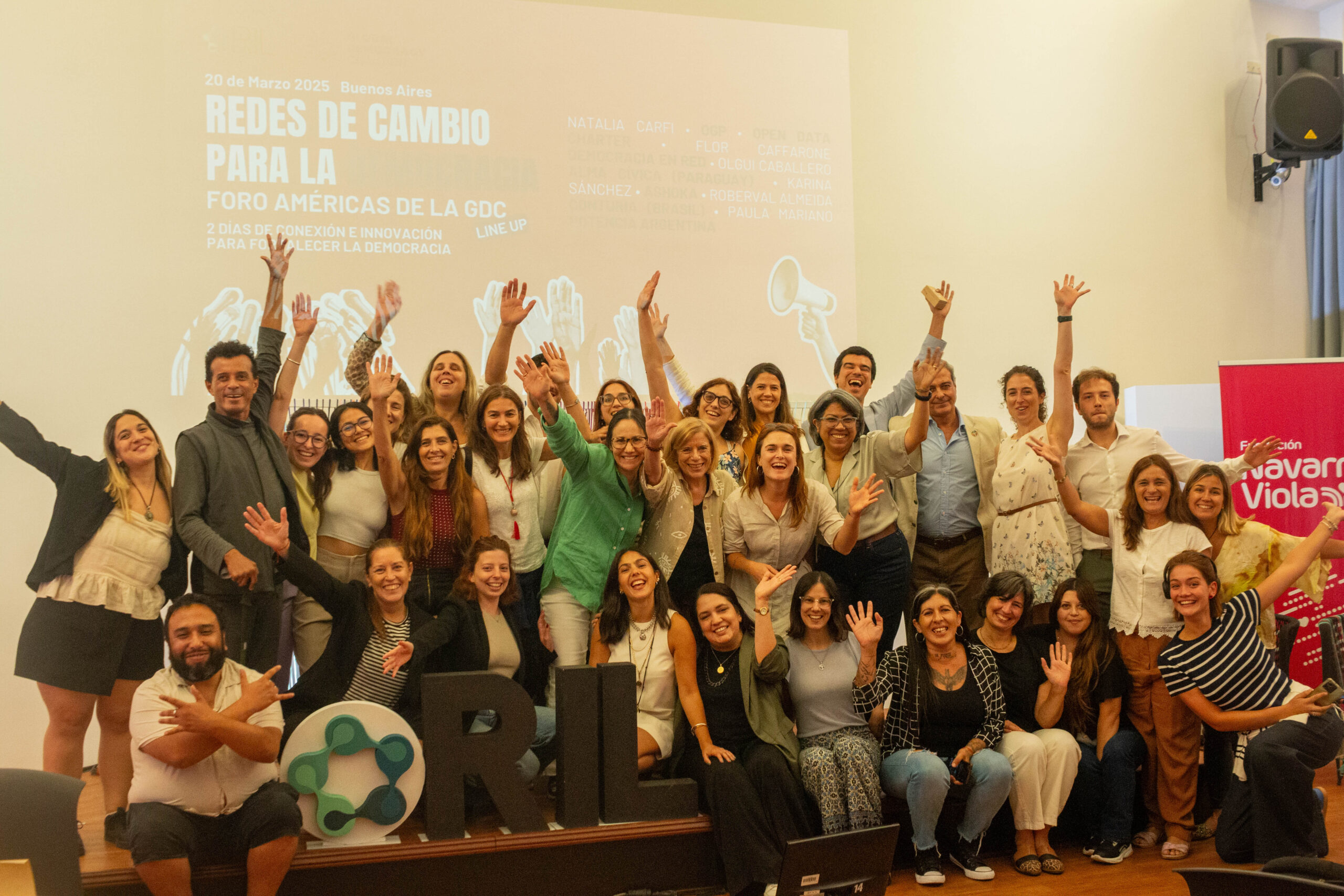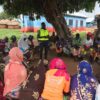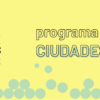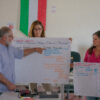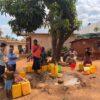Durante dos días, más de 100 referentes y especialistas de América Latina se reunieron en Buenos Aires para debatir soluciones concretas en el “Foro Américas de la GDC: Redes de Cambio para la Democracia”. El evento profundizó sobre temas cruciales como la inclusión, la participación ciudadana, la brecha digital y los datos abiertos, todo desde una perspectiva local y colaborativa.
El foro subrayó que el fortalecimiento de la democracia debe nacer de las comunidades locales, pues solo desde allí se puede pensar en soluciones reales y sostenibles. Expertos como Elisenda Ballesté Buxó y Olgui Caballero resaltaron la importancia de fortalecer las redes de cambio para impulsar una democracia más inclusiva y participativa.
Descubrí más sobre las propuestas que están transformando la democracia en América Latina y cómo el trabajo local es clave para su futuro en la nota de Juan Martín de Chazal, coordinador de +COMUNIDAD
Lee la nota completa aquí.
ENG
GDC AMERICAS FORUM
Rethinking Democracy from a Local Perspective
For two days, Buenos Aires brought together over 100 leaders and specialists from Latin America to discuss concrete solutions at the “GDC Americas Forum: Change Networks for Democracy,” organized by Red de Innovación Local (RIL) and the Global Democracy Coalition. Topics such as inclusion, citizen participation, the digital divide, and open data were explored from local and collaborative perspectives.
Change Networks to Drive Action
The main hall of Fundación Navarro Viola in Buenos Aires became a space where different accents resonated, reflecting a wide geographical diversity. Voices from Argentina, Costa Rica, Peru, Chile, Brazil, Uruguay, and Paraguay converged over two days to address a common concern: democracy and its current challenges in Latin America.
From the outset, the goal was clear: to think about solutions from a local perspective. Elisenda Ballesté Buxó, Project Coordinator at the Global Democracy Coalition, introduced an idea that shaped all subsequent discussions: “This gathering in Buenos Aires allows us to continue the global conversation on democratic challenges, but from our own reality. We cannot allow solutions to be designed externally, disconnected from our experiences and needs.”
In this context, Inés Reineke, Global Innovation Director at Red de Innovación Local, opened the forum with a concrete invitation: “At a time when democracy appears vulnerable, there are countless inspiring examples across the region. Change Networks are a powerful tool for participation. Our proposal is to take action.”
At the center of the main stage stood an empty, artistically intervened chair—a symbol of the participatory spirit of the event. Throughout the two-day forum, anyone could step up spontaneously and add their voice to the conversation. The initiative was well received and used multiple times.
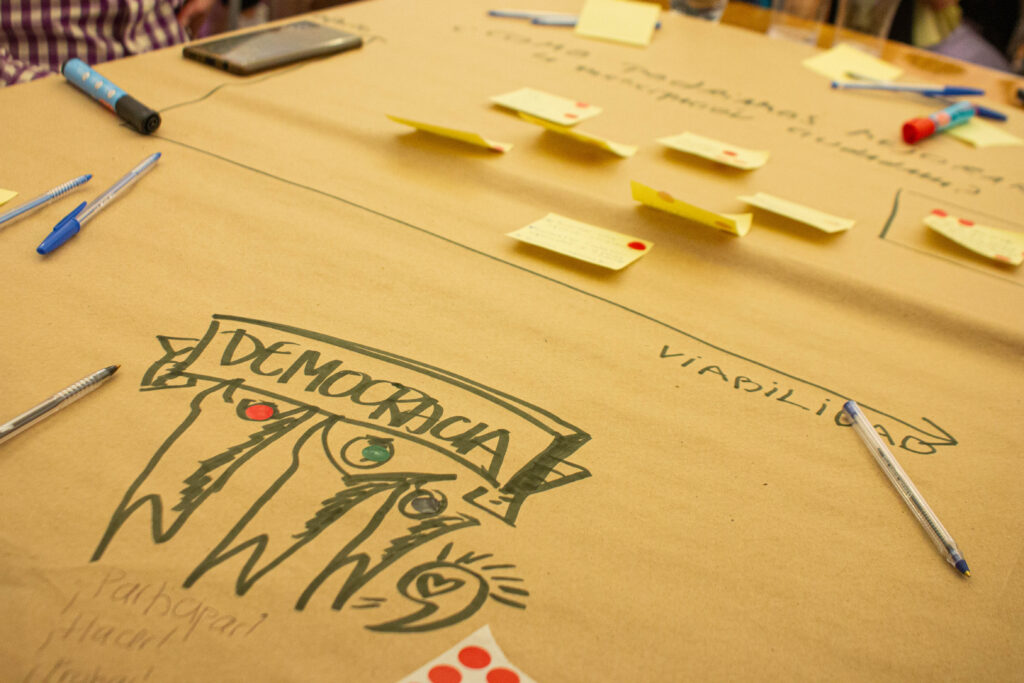
Strengthening Democracy Locally
A fundamental idea of the event was that strengthening democracy cannot happen solely through grand global narratives but must come primarily from daily work within local communities. Olgui Caballero, Executive Director of Alma Cívica in Paraguay, emphasized this perspective: “How can we transform the way democracy is built? By reclaiming the local. We need to focus on what is happening in our communities. Our goal is to strengthen the valuable assets that already exist and connect them.”
Florencia Caffarone, Executive Director of Democracia en Red, agreed, reminding attendees that “those who work at the local level carry great responsibilities, and their role is key in sustaining democratic agendas.”
During the panel “Empowering Citizens in Decision-Making,” Natalia Carfi, Executive Director of Open Data Charter, highlighted the importance of accessible information as a necessary condition for real participatory processes: “If we want to talk about participation, we must talk about open data. It’s not just about publishing an Excel file; it requires ongoing internal work.”
Youth, Trust, and New Leadership
In the opening panel, “Challenges and Opportunities for Democracies in Latin America,” Hernán Charosky, Coordinator of Dialogando Buenos Aires, warned about the erosion of democratic values as an ongoing phenomenon: “This process was already underway, though perhaps less visible before. Today, it is openly expressed, and we see fundamental aspects of democracy being questioned.”
Gabriela Vega Franco, Executive Director of Recambio (Peru), added: “There is no democracy—neither minimal nor participatory—without trust. We urgently need new, diverse leadership to rebuild that lost trust.”
Matías Bianchi, Director of Asuntos del Sur, delivered one of the most memorable quotes of the event: “Democracy is in crisis and highly contested. But crisis is not destiny—it’s a space for debate where we can take back the initiative. The problem is that when democracy doesn’t advance, it regresses.”
The participation of young people from different organizations and political spaces took center stage in the interactive panel “Challenges and Solutions for Youth Participation.” Diego Jiménez, a Peruvian political scientist and migrant, summarized the discussion: “Someone who thinks differently from me is not an enemy to be eliminated.”
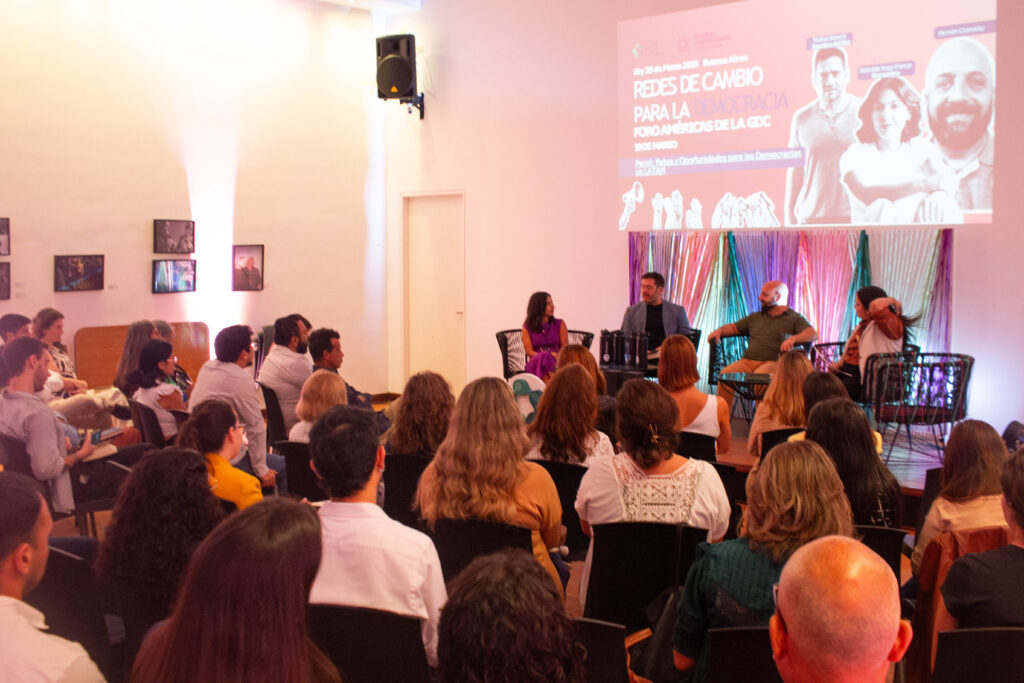
Democracy and Real Inclusion
Rethinking democracy locally also means recognizing the diversity of communities that have historically lacked sufficient visibility and political representation. Karina Sánchez, from the Government of Junín (Buenos Aires), emphasized the inclusion of people with disabilities: “Democracy is not just a form of government; it is a right that allows us to express ourselves and build. A person with a disability wants to be part of democracy.”
During the workshop “Democracy for All,” led by Karina Sánchez and Roberval Almeida, participants worked with an Empathy Map to reflect on the democratic participation of historically excluded communities. Sánchez stressed that “inclusion must be real, not just to fulfill quotas,” pointing out that “the main barrier to inclusion is attitudinal” and that “society must be open.”
Digital inclusion was another key topic at the forum. Magdalena Saieg, Executive Director of Fundación Navarro Viola, stated during the panel “Digital Divides and Older Adults” that “digital rights are the gateway to many other rights.”
“We believe that every person has the right to be autonomous. To achieve this, we must work in partnership with social organizations and the state. We need to turn prejudices into opportunities,” added Verónica Capurro from Inmigrantes Digitales. Gonzalo Straface, Director of Economía Plateada at the Subsecretaría de Personas Mayores in Buenos Aires, emphasized that “the inclusion of older adults must involve the private sector, civil society, and the state, creating incentives for true participation.”
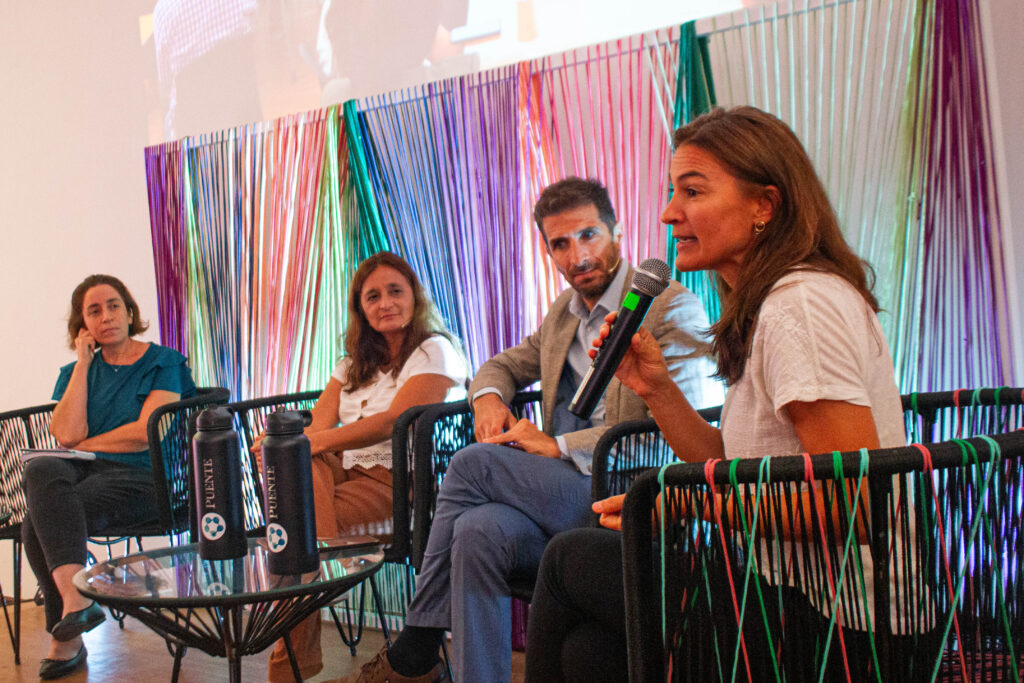
Building Democracy Through Creativity
The event also showcased successful experiences of citizen participation related to security. Cristian Méndez presented the “Ojos en Alerta” program, which originated in San Miguel (Buenos Aires) and has now been replicated in 59 Argentine cities as a concrete example of citizen collaboration in addressing local challenges.
Participation extended beyond talks and presentations. Roundtables equipped with markers, paper, and creative materials turned into small laboratories where participants brainstormed concrete solutions in real time. For example, the Empathy Map exercise helped identify citizens’ emotions and needs regarding democracy, revealing shared concerns across the region.
Another particularly meaningful activity involved using ropes to physically illustrate the creation and strengthening of Change Networks among different actors. This exercise made the strategic importance of maintaining collaborative ties beyond individual events more tangible.
Additionally, real-time voting took place throughout the event to prioritize topics, identify common challenges, and define next steps, fostering an interactive and engaged environment.
As a final visual summary, artist Lucila Sarquis presented a doodle-style illustration on screen. This drawing, which accompanies this article, creatively captured the key concepts, debates, and conclusions that emerged during the two-day forum.
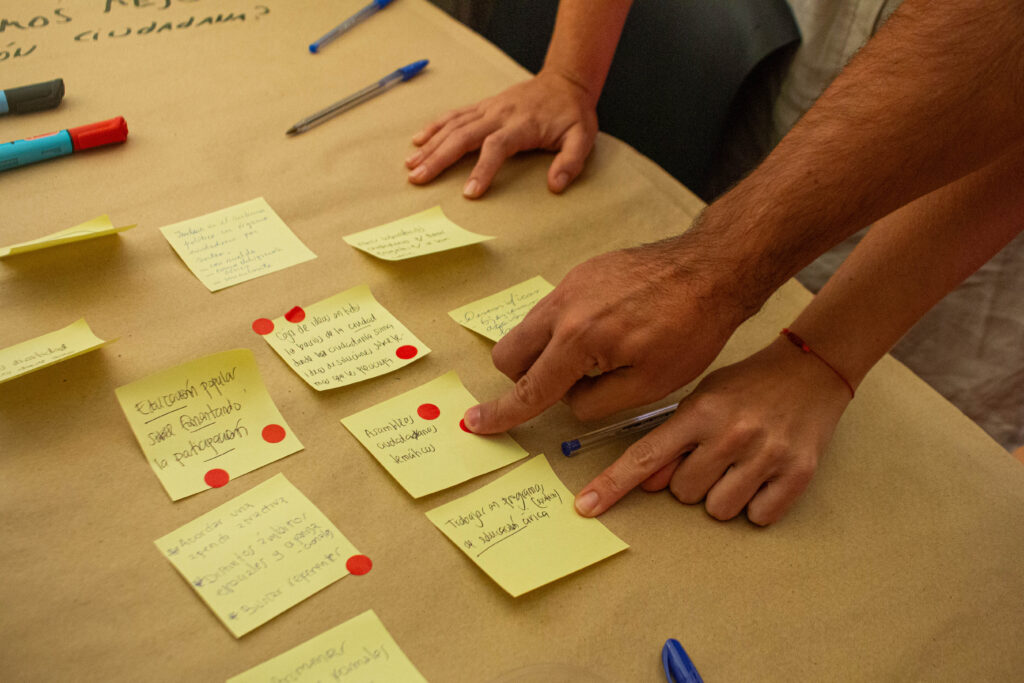
A Symbolic Closing with Global Reach
As a symbolic conclusion, Buenos Aires passed the torch to the next Global Democracy Coalition gathering, which will take place in Nairobi, Kenya, on March 28. This initiative, aimed at fostering global exchanges of ideas and strategies to strengthen democracy, began its 2025 cycle in Milan (Italy, Europe) on March 15. It then continued in Buenos Aires (Argentina, Americas) on March 19-20 and will conclude on April 4 in Bangkok (Thailand, Asia).
Ultimately, the GDC Americas Forum reaffirmed that rethinking democracy from a local perspective is not only necessary—it is essential to revitalizing it and adapting it to contemporary challenges. As Ballesté Buxó summarized: “Not everything is a crisis. Latin America is also a laboratory of democratic innovation.”
